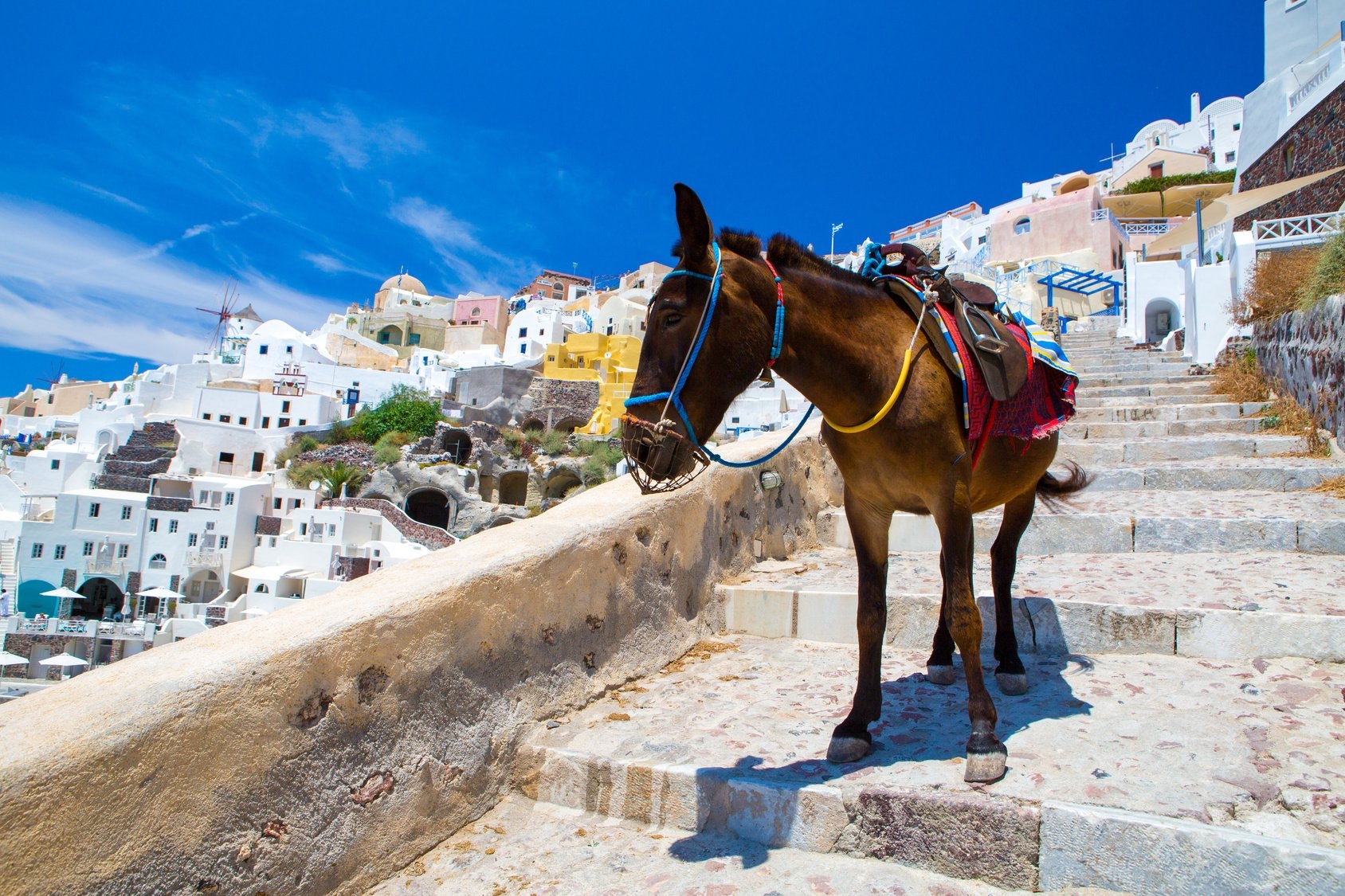The first study aims at comparing the Average Per Capita Expenditure of Greece with the Average Per Capita Expenditure of Spain, in 2018 and 2019. The second study presents data on the evolution of the Average Per Capita Expenditure, Average Stay δθρατιον and Average Expenditure per Night of incoming tourists in Greece for the period 2010-2019.
The main findings of the study on "The Average Per Capita Expenditure of incoming tourists in Greece and Spain in 2018 and 2019" are as follows:
The study adjusts the Average Per Capita Expenditure published by the two countries (€ 1,102 for Spain and € 564 for Greece for 2019 and € 1,084 and € 520 respectively for 2018) to capture comparable figures and specifically only the expenditure done in each country (excluding travel costs) and only for tourists with at least one-night stay.
Based on this adjustment, the difference between the Average Expenditure in Greece and Spain is limited to 54 euros in 2018 (from 564 euros based on published data) and to 9 euros in 2019 (from 538 euros).
Part of this difference is due to the fact that the two countries receive tourists from different markets and, in particular, Greece receives a large number of tourists from neighboring Balkan countries. These tourists have a lower Average Expenditure and therefore push the overall average expenditure to lower levels.
With the working hypothesis that Greece has the same market mix as Spain, the difference in the average cost that is earned by each country is limited to 10 euros for 2018 while, for 2019, the picture is reversed, with Greece earning 45 euros. Analytically, the Average Expenditure in 2018 is set at 600 euros for Spain and 590 euros for Greece, while in 2019 it is set at 608 euros for Spain and 653 euros for Greece.
Then, the average cost is examined in relation to the total cost, ie including not only the spending that ends up in the destination country, but also the cost that occures outside of it (eg air ticket, intermediate commission, etc.). Seven out of the eight European countries that are being examined, (Germany, Austria, Belgium, France, Italy, United Kingdom, Switzerland) showed higher average tourist spending in Greece than in Spain during 2019 - from 20 Euros for Germany up to 350 Euros for France - while it is lower for the Netherlands (by 86 Euros).
In contrast, visitors from the US and -especially- from Russia, spend higher amounts when visiting Spain (1,743 and 1,516 Euros respectively) than ehat they spend when visiting Greece (1,686 and 1,058 Euros respectively) - although the difference decreased in 2019 compared to 2018. This difference shows that there is a possibility of improving the Greek tourism product that will lead to an increase in spending by these countries.
These figures undermine the perception that Greece, compared to its main competitors, is a cheap destination for European tourists, as in most cases Europeans spend more money in Greece than in Spain. In contrast, tourists from the US and, above all, from Russia, spend more on their travels in Spain.
The main findings of the study on "The Average Per Capita Expenditure of incoming tourists in Greece, 2010-2019" are as follows:
In the last 10 years, the Average Per Capita Expenditure of incoming tourists in Greece decreased by 11.9% (from 640.4 euros in 2010 to 564 euros in 2019) and the Average Length of stay by 20.6% (from 9.3 overnight stays in 2010 to 7.4 overnight stays in 2019), while the Average Expenditure per Night increased by 10.6% (from 68.6 euros in 2010 to 76.1 euros in 2019).
According to the study, the decrease in the Average Per Capita Expenditure was mainly due to the decrease in the Average Length of Stay, a trend that was observed internationally, as more shorter trips were made.
Secondly, the decrease in the Average Per Capita Expenditure is due to the change in the mix of markets of inbound tourism in Greece with a decrease in the share of our traditional markets and an increase in new markets from the Balkans and Eastern European countries. This change in our market shares is not due to the replacement of our traditional, higher cost, markets by new, lower cost markets, but to the growth of new markets at a faster rate than our traditional markets.
Also, the increase in the Average Expenditure per Night, despite the increase in traffic from the markets of the Balkans and Eastern Europe, which have a reduced Average Expenditure per Night, is due to the fact that during the same period the Average Expenditure per Night of our traditional markets was increased.















